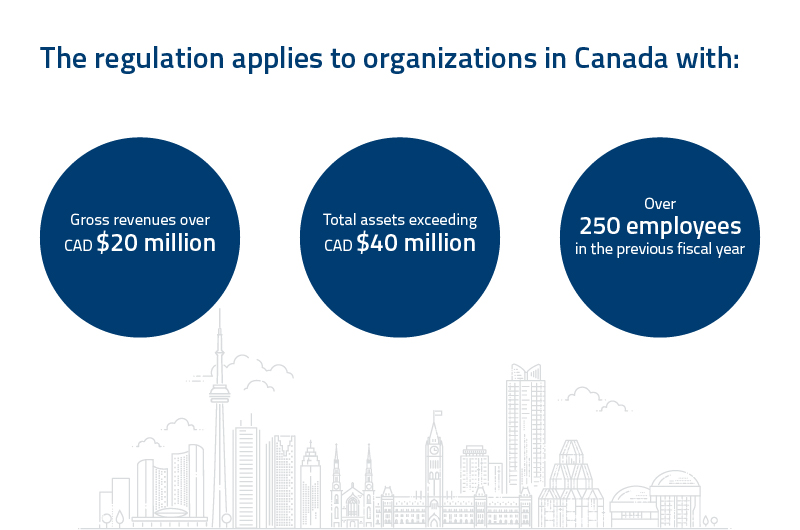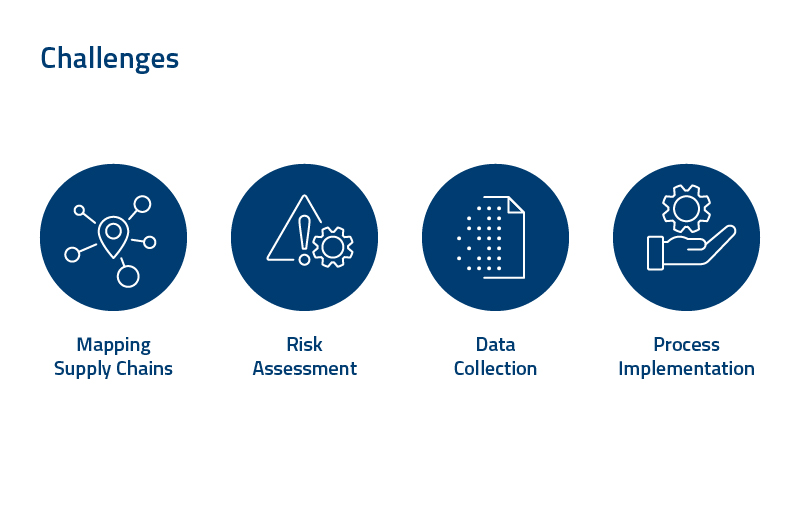UNDERSTANDING S211: CANADA’S MODERN SLAVERY ACT
In today’s globalized world, businesses are under increasing pressure to ensure that their operations and supply chains uphold human rights. Canada’s Bill S-211 regulation, officially titled the Fighting Against Forced Labour and Child Labour in Supply Chains Act, is the country’s latest step toward combating forced labor and child labor. Enacted to promote transparency and accountability, S211 reflects a growing global commitment to ethical practices.
For businesses operating in Canada, compliance is not only a legal requirement but also an opportunity to demonstrate leadership in corporate social responsibility. Here’s what you need to know about S211 and how OPTEL’s solutions can help you comply.

